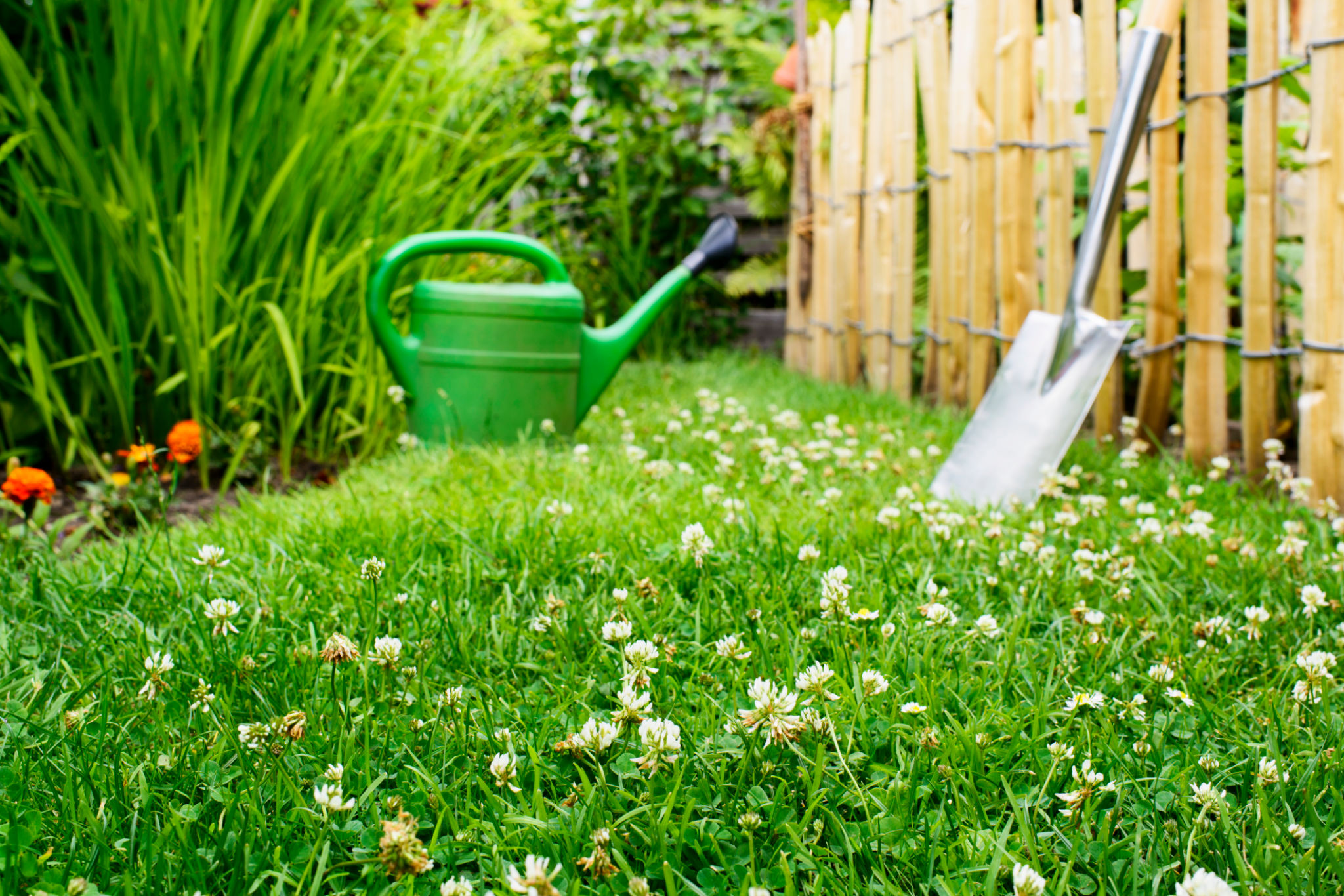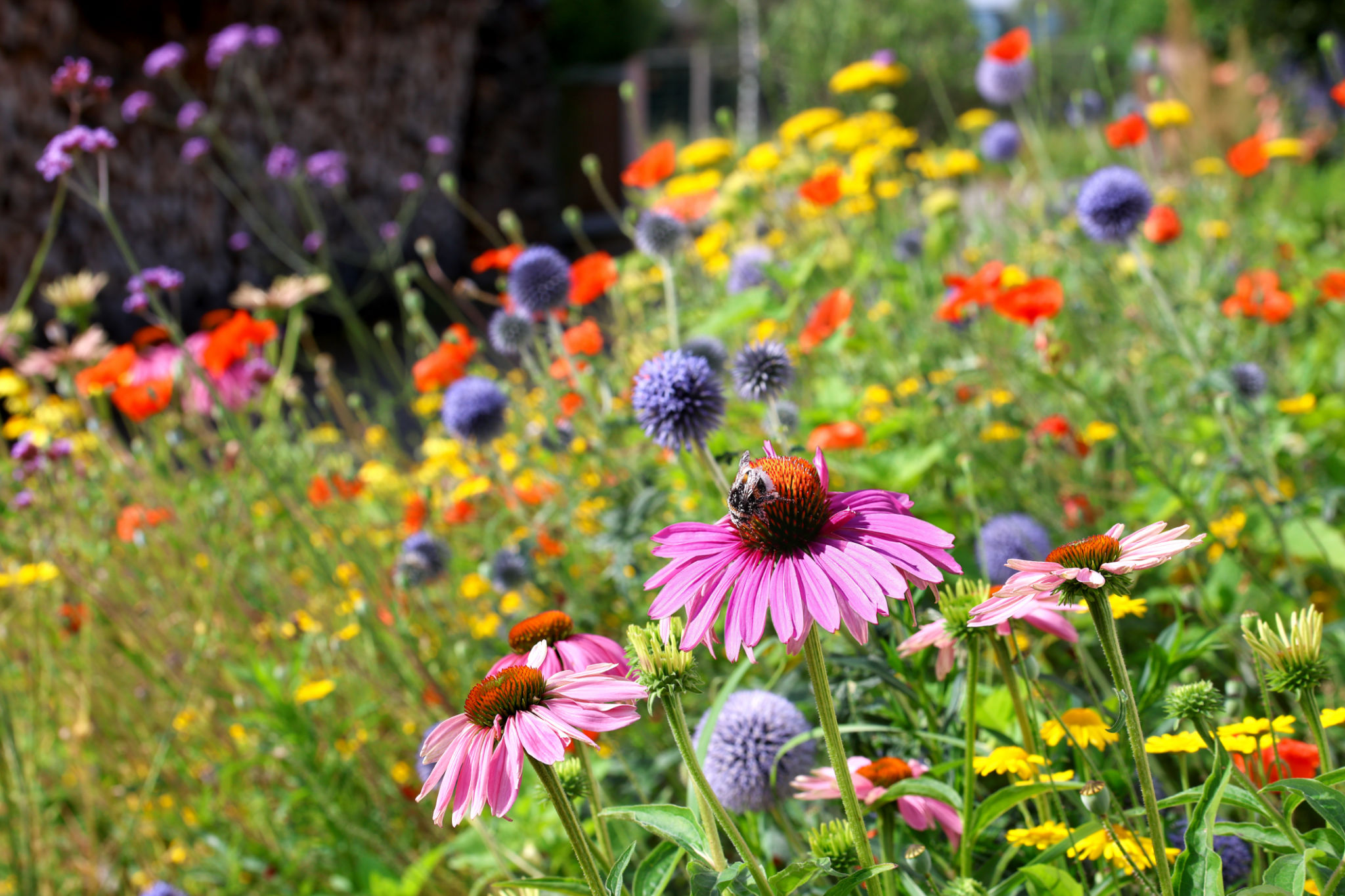DIY Clover Lawn Care: Tips for a Green and Sustainable Yard
Understanding the Benefits of Clover Lawns
As homeowners increasingly seek environmentally friendly landscaping solutions, clover lawns have gained popularity. Clover, a resilient and low-maintenance plant, offers numerous advantages over traditional grass lawns. By incorporating clover into your yard, you can reduce your carbon footprint, minimize water usage, and create a lush, green landscape that thrives in various conditions.
Clover lawns are naturally resistant to pests and diseases, reducing the need for chemical pesticides and fertilizers. They also fix nitrogen in the soil, enriching it for surrounding plants. With its ability to thrive in poor soil conditions, clover is an excellent choice for sustainable lawn care.

Choosing the Right Clover Variety
When planning a clover lawn, selecting the appropriate variety is crucial. White clover (Trifolium repens) is a popular choice for lawns due to its low growth habit and adaptability to different climates. It creates a dense ground cover and offers a soft texture underfoot, making it ideal for residential yards.
Microclover, a smaller variety of white clover, is another option for those seeking a more subtle look. It blends well with traditional grass lawns, providing the benefits of clover without drastically altering the appearance of your yard. Consider your specific climate and aesthetic preferences when choosing the right clover variety for your lawn.
Preparing Your Yard for Clover
Before planting clover, it's essential to prepare your yard properly. Start by removing any existing grass or weeds, ensuring a clean slate for your new lawn. This can be done through manual removal or by applying an organic herbicide.
Once the area is cleared, loosen the soil using a rake or garden tiller. Clover thrives in well-drained soil, so incorporating organic matter like compost can improve soil structure and fertility.

Planting and Maintaining Your Clover Lawn
Planting clover seeds is a straightforward process. For best results, scatter the seeds evenly over the prepared soil and lightly rake them in to ensure good contact with the ground. Water the area gently but thoroughly, keeping the soil consistently moist until the clover seedlings are established.
Once your clover lawn is established, maintenance is minimal. Mow occasionally to keep the clover at your desired height and prevent flowering if you prefer a more uniform appearance. Remember that clover lawns require significantly less water than traditional grass lawns, making them an eco-friendly choice during drought conditions.
Addressing Common Concerns
Some homeowners express concern about clover attracting bees. While clover flowers do attract pollinators, regular mowing can reduce flowering and minimize bee activity in high-traffic areas. If you're concerned about bees but still want the benefits of a clover lawn, microclover is a great alternative due to its reduced flowering tendencies.

Another common concern is aesthetics. Although clover has a different appearance than traditional grass, many find its lush, green coverage appealing. Additionally, its ability to thrive in difficult soil conditions makes it an attractive option for areas where grass struggles to grow.
Combining Clover with Grass
If you're not ready to fully commit to a clover-only lawn, consider mixing clover with grass seed. This combination provides the benefits of both plants: clover enriches the soil with nitrogen, while grass provides a familiar texture and appearance.
When overseeding an existing grass lawn with clover, spread the clover seeds evenly over the grass and water thoroughly. The clover will gradually spread, creating a lush, green lawn that requires less maintenance and water than traditional grass alone.
Conclusion: Embrace Sustainability with Clover Lawns
Clover lawns offer an eco-friendly and sustainable alternative to traditional grass lawns. With their low maintenance requirements, natural pest resistance, and soil enrichment capabilities, clover lawns are an excellent choice for environmentally conscious homeowners.
By understanding the benefits of clover, selecting the right variety, and following proper planting and maintenance practices, you can enjoy a beautiful and sustainable yard that supports local ecosystems while reducing your environmental impact.